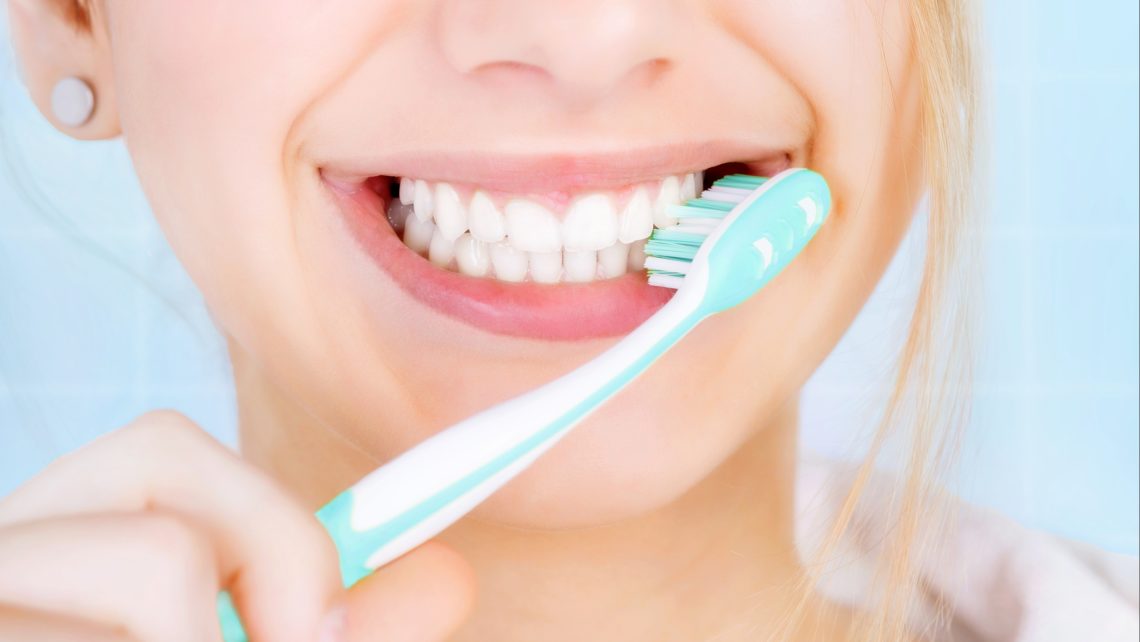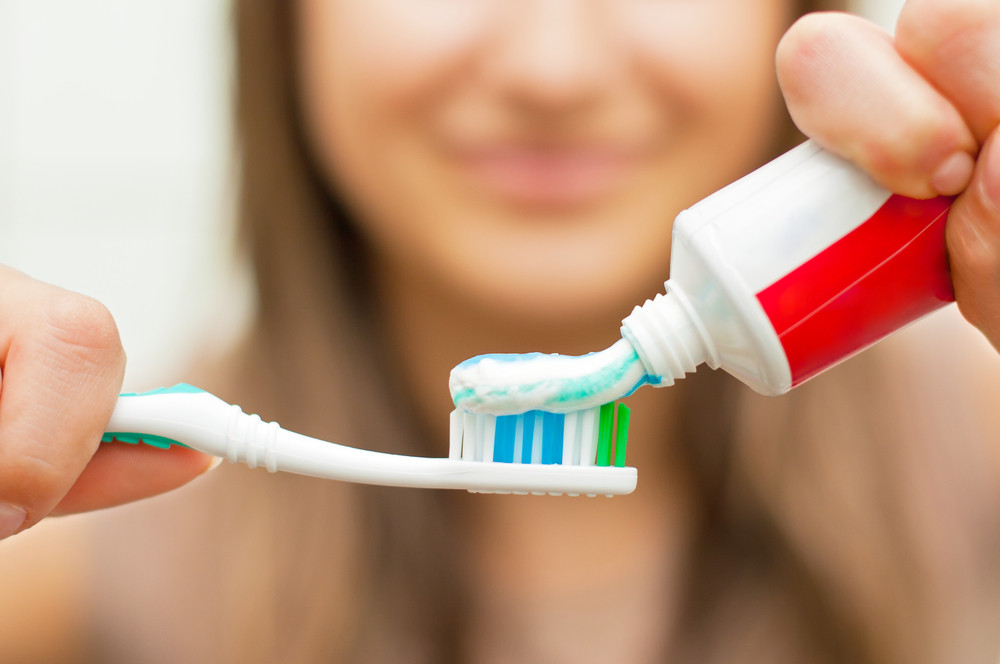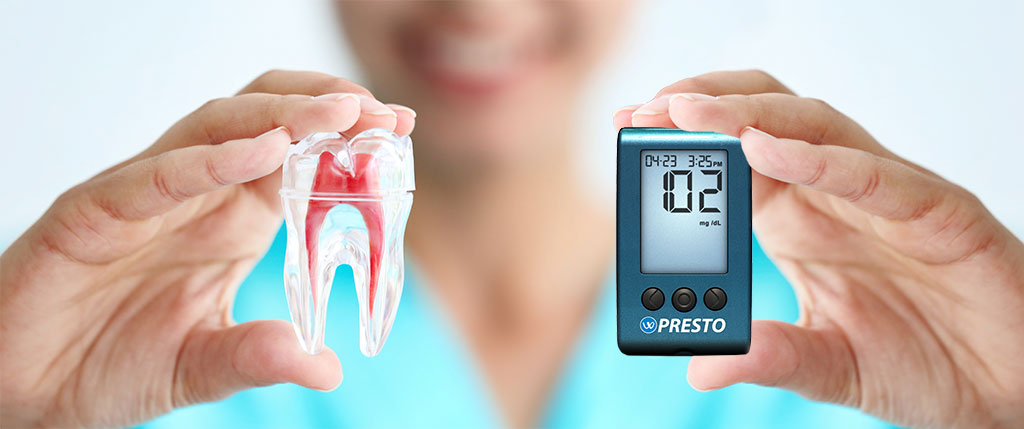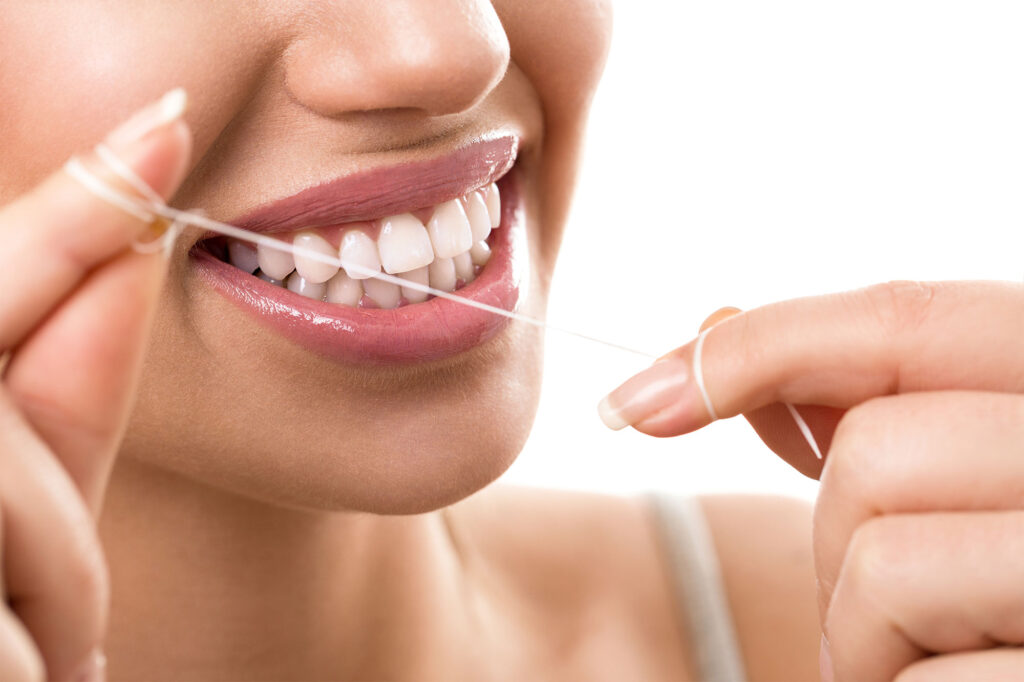Dental Hygiene and it’s Essential to Overall Health

Dental hygiene, also known as oral hygiene, is a fundamental part of our overall hygiene and health. Most impurities and microbes enter our body through the dental cavity. Many germs and microbes are destroyed in the mouth because of salivation that has several antibacterial properties. When there is a higher concentration of germs, the food that we take gets contaminated, and this causes problems to our health. Health deterioration because of awful oral hygiene develops slowly, and thus individuals ignore it until it gets out of hand.
Maintaining the appropriate dental hygiene is the way to accomplish healthy living, which very few people know about. Things like brushing their teeth are viewed as tedious by many people due to them being busy.
Here are some of the reasons why dental hygiene is essential to overall health.
The benefit of dental hygiene to general health can’t be overemphasized. A healthy mouth enables you to eat and swallow food and subsequently acquiring the essential nutrients for ideal health. Poor dental health can destructively affect speech and one’s self-esteem. Learn more about dental hygiene at libertyvillagedentalcare.com. Lack of proper dental hygiene can affect an individual’s physical appearance and breath due to the decaying of teeth and stains.
1. Dental health for a healthy heart

Studies have related dental sickness to coronary diseases. For example, individuals with gum infection are at a greater danger of heart disease and risk encountering a deadly cardiovascular failure than people without gum disease. Those that experience the ill effects of periodontal disease and other health conditions need to keep up proper dental cleanliness. Doing so will eventually limit the danger of getting other serious illnesses.
2. Prevent certain health conditions

Studies have demonstrated that individuals who don’t keep up a reasonable level of dental hygiene are prone to heart sicknesses in their later years. General body weakness is another symptom that is associated with inadequate dental hygiene. Some common conditions like cardiovascular diseases and endocarditis are caused by poor dental health. Good dental care can minimize the presence of bacteria which may deteriorate health.
3. Prevent diabetes

There is typically an association between gum disease and diabetes. Severe gum infection may contribute to diabetes since it influences the control of blood glucose. Usually, bacteria can be effectively expelled by the body, but in people with diabetes, it is hard for the body to do as such. Moreover, an individual with diabetes is regularly incapable of healing from infection and wounds that can cause severe mouth diseases.
The most significant contribution to tooth decay is eating foodstuff that contains starches, such as bread, breakfast grains, chocolate, and desserts like cakes or puddings. In addition, consistently brushing your teeth helps in controlling tooth decay and related diseases. Thus, what you consume is what you are as far as general body health is concerned, and so is your teeth.
Practices for overall hygiene

Dental hygiene is fundamental to keep up overall health. Various practices should be done to maintain proper dental health. Besides brushing consistently and eating a healthy and appropriate diet, visiting a dental office regularly can help avoid most dental issues. Alongside dental hygiene, one is supposed likewise to pay attention to their gums. Teeth are held firmly in our gums. The absence of enough nutrients and calcium can debilitate the gums. In the long run, this can result in tooth decay, bleeding, and swelling of the gums.
Redness and irritation of the gums can be a problem if not treated in time. The condition is known as gingivitis or gum disease. Alongside proper brushing, flossing is fundamental to keep the gums free from diseases. Many of us brush consistently; however, we forget to floss our teeth. Flossing is essential at least thrice a week. Teeth and gums massage with your finger is precious. It makes the teeth and gums stronger and improves the blood flow.
Dental illnesses cause social and economic weights while treatment is costly, and children and grownups may be unproductive because of dental pain. Regular dental visits enable the early identification of dental diseases and infections. This helps in getting early treatment before they become serious issues.
Practicing good dental health is essential for maintaining healthy teeth and gums. It will also benefit your appearance and quality of life. Your dental team consists of you and oral care professionals. Together, you can prevent many dental problems from causing poor quality of life and possible medical complications.
Sick, crooked, or missing teeth or a misshapen jaw may interfere with your speech, make it difficult and painful to chew your food, and leads to expensive corrective dental procedures. This is why we highly suggest you be proactive in your dental hygiene before it’s too late.
Cavities are sores on your teeth where cavities penetrate the enamel and expose the root of the tooth. Hot or cold foods or liquids can send a painful signal that something is wrong. Unfortunately, cavities may not show any symptoms until significant damage has occurred to the tooth. That’s why regular visits to your dentist are so important. In addition, it is easier to treat early signs of dental caries than in advanced cases.
Thanks to modern dental technology, which treats cavities especially in the early stages, which is usually only mildly irritating at its worst. Medications that numb the bruised area take away the pain of filling a cavity for most people.
Another complication of poor oral health is gum disease, which can be mild in the early stages but can lead to much more severe problems if left untreated. Gum disease or periodontitis can cause tooth loss, infections, and other complications.
In addition to complications for your teeth and gums, research has linked periodontitis to other health problems such as heart complications, stroke, diabetes complications, and respiratory problems.
Therefore, as you can see, maintaining good oral hygiene is imperative.
Good dental health is a combination of good daily care (brushing and flossing) and regular visits to your dentist.




